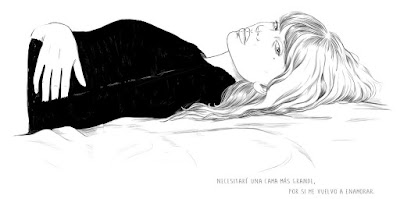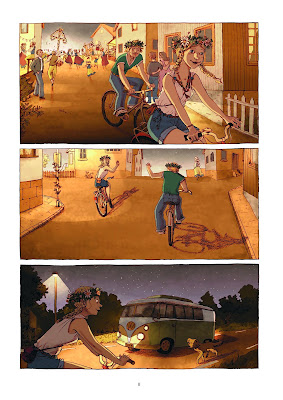Some 55 years after its release, Timur gave me this album as a Christmas present. And we’ve just listened to it. Ah, memories, memories.
I remember very well the 1970 seven-inch EP by Весёлые Ребята with a Russian-language cover of Drive My Car entitled «Старенький автомобиль». The Russian lyrics by Leonid Berger (Леонид Бергер) has nothing to do with the original but hey, that’s creativity for you. (As mentioned before, the B-side had a cover of Ob-La-Di, Ob-La-Da in English.) I used to hate this version; now I rewatched it and... dammit, I think it’s pretty cool.
«Девушка», the 1969 cover of Girl by Valery Obodzinsky, features even more embarrassing lyrics as well as untranslated chorus «Герл» (!!!). Curiously, the record did not credit Lennon/McCartney while referring to Girl as an “English folk song”. For years, I thought it really was.
I knew a lot of its songs from The Red Album, but it was not until mid-1980s that I heard Rubber Soul in its entirety for the first time.

This 2009 enhanced CD, just like the remastered Magical Mystery Tour, includes the mini-documentary viewable on PC. By now, old CD drive became a luxury that my laptop lacks. Never mind that, I’ll watch it... one day.











































